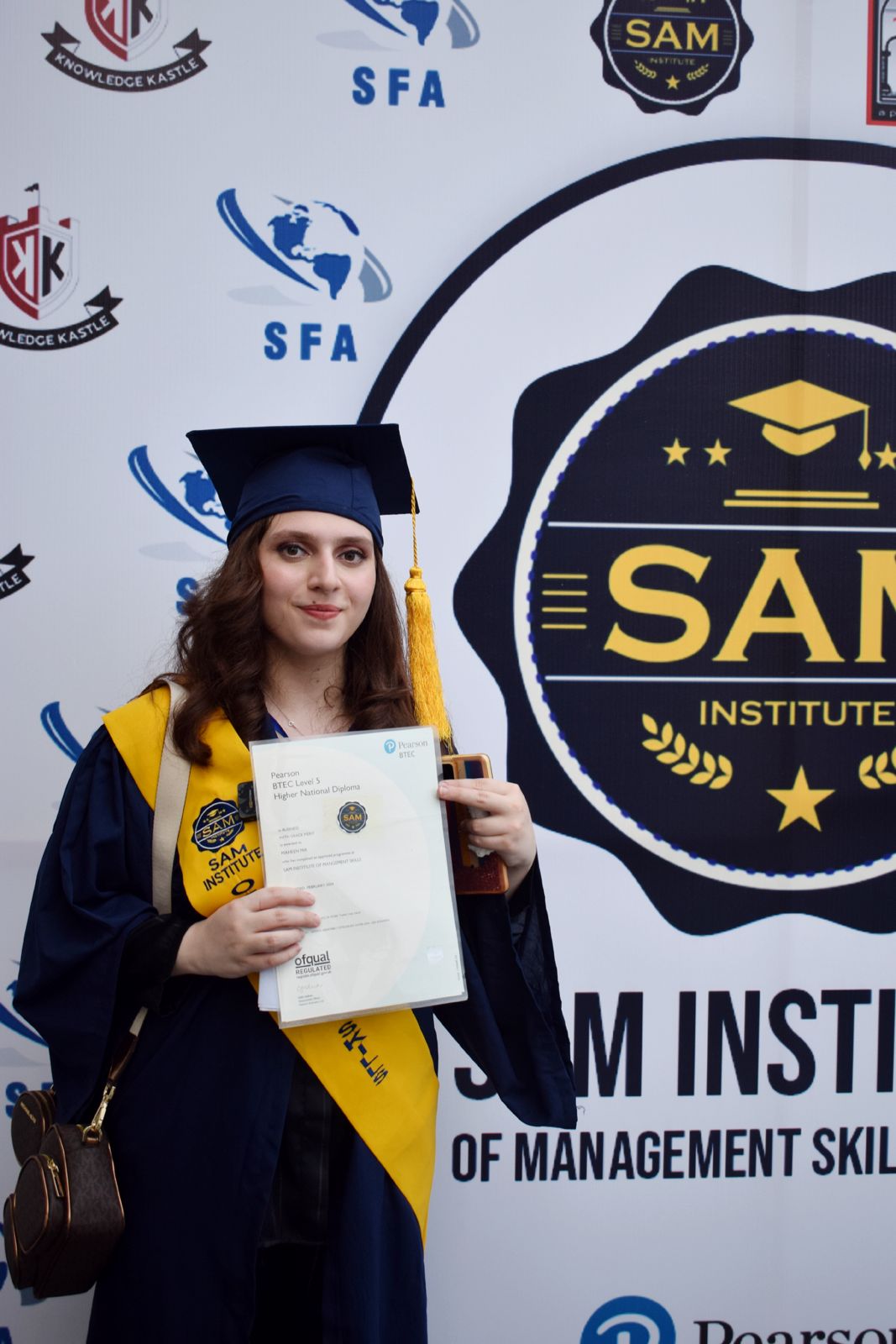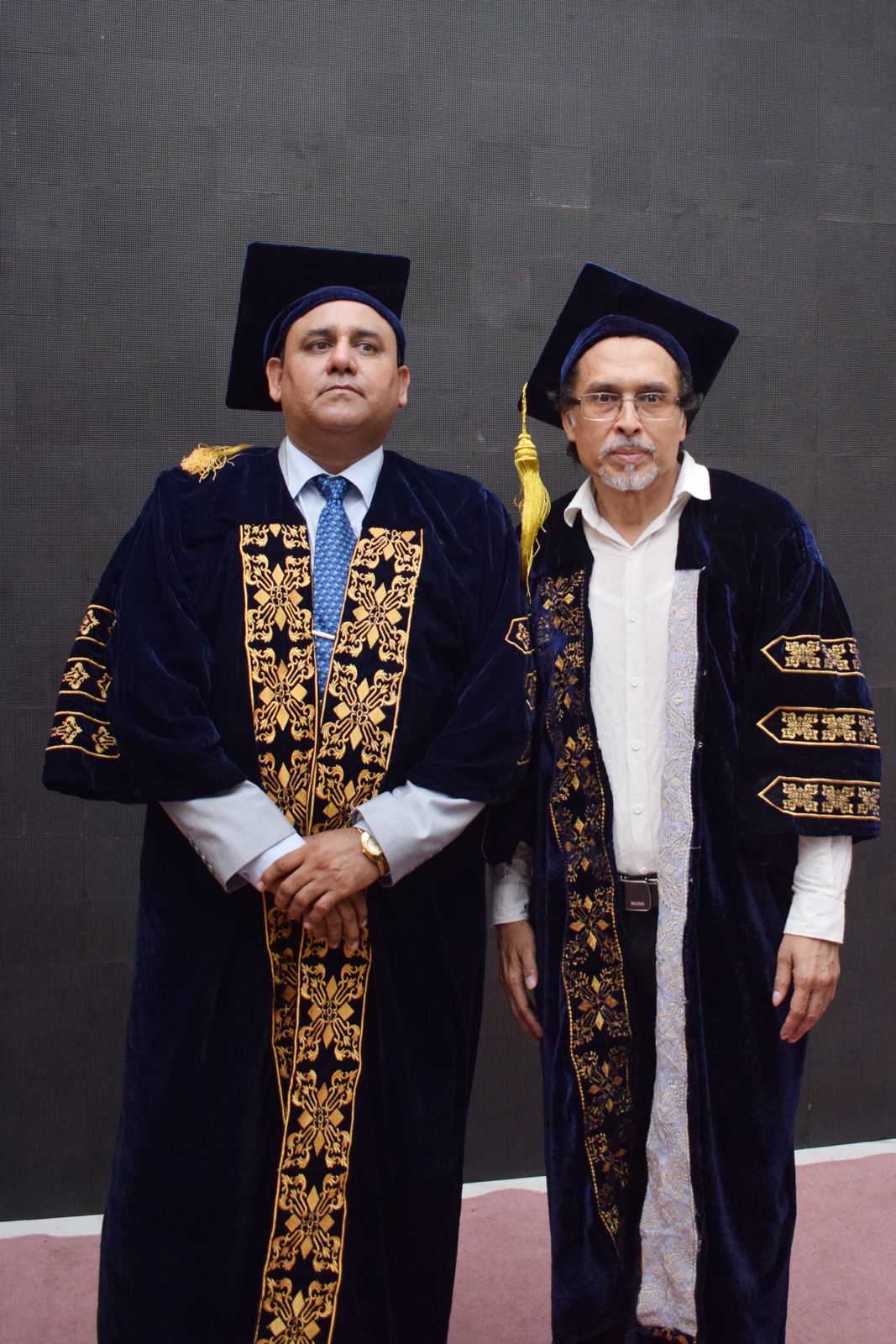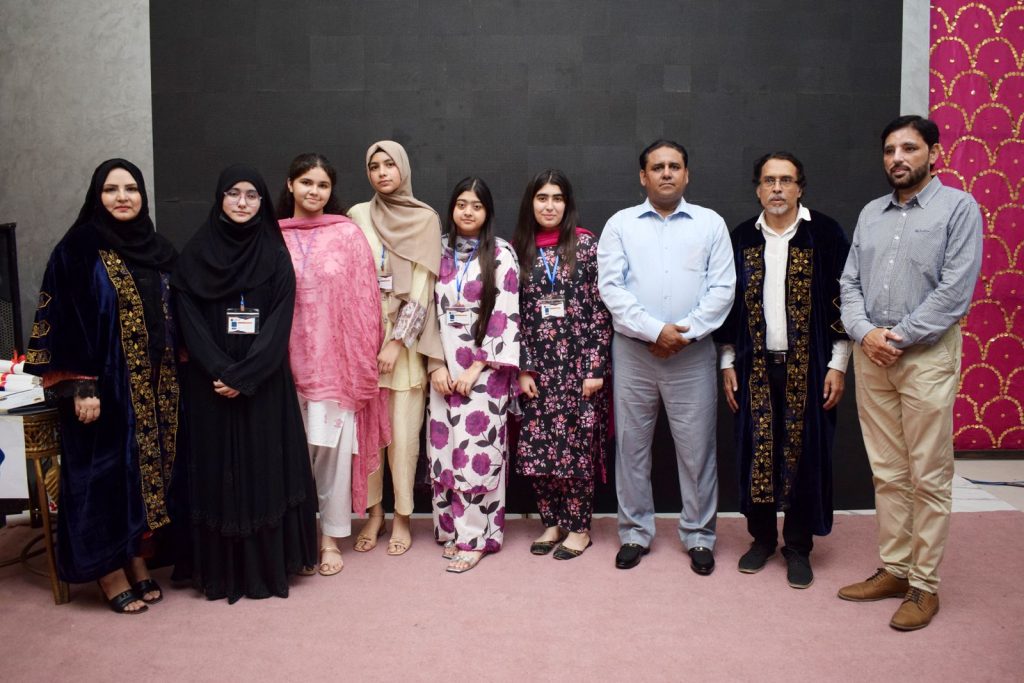BTECS



Who are they for?
Who are they for?
BTECs are designed for young people interested in a particular sector or industry to enhance their skills without regular exams
You could study a BTEC at Level 2 or 3, either alongside academic qualifications or as part of a wider programme (such as an apprenticeship).
You can also study a BTEC as a standalone course.
There are over 2,000 BTEC qualifications across 16 sectors, including:
- Business
- Hospitality
- ICT
The different types of BTEC
BTECs are broken down into three main levels of study:
- BTEC Firsts are available from entry level to Level 2 (similar standard to GCSEs). These offer an introduction to work in a vocational sector. Combined with other qualifications, these can enable you to go on to further study, to an apprenticeship, or into employment.
- BTEC Nationalsare available from Level 3 (similar standard to A levels). Many of these are well regarded by universities, further education colleges, and employers. A BTEC National qualification can lead to employment, continuing study, or professional development programmes.
- BTEC Apprenticeships are available at Levels 2 to 5 across more than 25 sectors.



How do they work?
BTEC qualifications are flexible – you can take one alongside (or instead of) GCSEs and A levels in schools and colleges. They’re also usually studied full-time, either in college or jointly between a school and a college.
BTECs are divided into units, which cover specific areas of knowledge, skills, and understanding required by the particular sector or industry.
- Every BTEC student takes the core units, which provide a broad foundation and understanding about the sector.
- There is a range of optional units to choose from which enable students to focus on particular interests and plans they have for next steps into further study, an apprenticeship, or employment.
- The course involves a series of assignments which can be written or activity-based, for example creating a film clip, planning and putting on a performance, or creating a business plan. Students complete some assignments individually and some as part of a team. For some BTEC courses, students can also apply their knowledge and skills through work experience.
